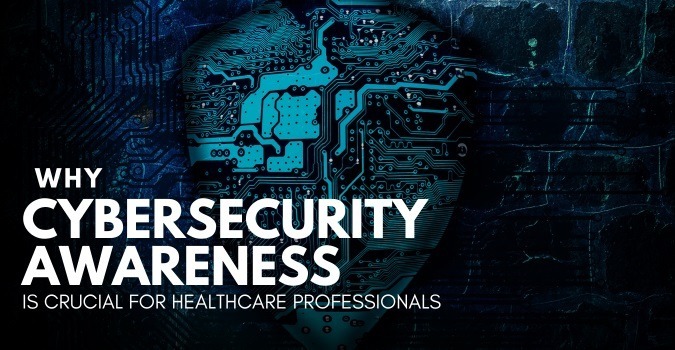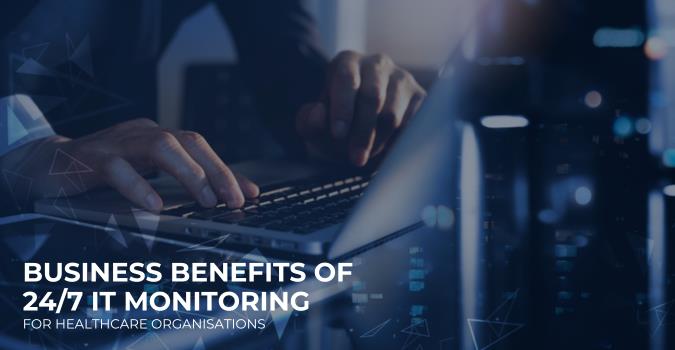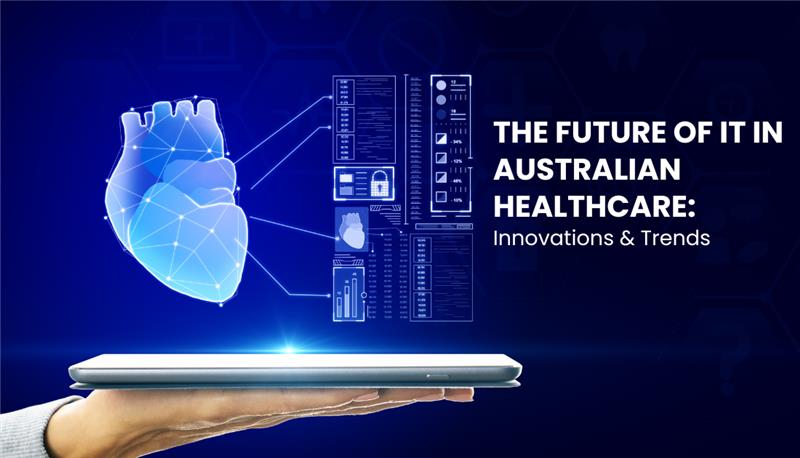Healthcare organisations rely on robust IT systems to manage patient records, facilitate telemedicine and support…

Why Cybersecurity Awareness is Crucial for Healthcare Professionals
In a world increasingly reliant on technology, the healthcare industry holds a particularly sensitive position. Protecting patient data, ensuring the integrity of medical records, and safeguarding the functionality of critical equipment are paramount responsibilities. However, this digital landscape also exposes healthcare professionals to a unique set of cybersecurity threats. This is where cybersecurity awareness becomes an essential weapon in their arsenal.
Understanding the Landscape:
Healthcare data is a goldmine for cybercriminals. It often includes personal information, financial details, and sensitive medical records, making it incredibly valuable on the black market. Additionally, medical devices and healthcare IT systems are complex and interconnected, offering multiple potential entry points for attackers. Ransomware attacks, phishing scams, and data breaches are just a few examples of the threats healthcare professionals face daily.
Why Cybersecurity Awareness Matters:
Unfortunately, a single human error can be the chink in the armor. Phishing emails can trick healthcare professionals into clicking malicious links, weak passwords can be easily compromised, and unsecured mobile devices can leak sensitive data. Here’s why awareness is crucial:
Prevention: Awareness empowers healthcare professionals to identify and avoid common cyber threats. Recognizing phishing attempts, understanding password hygiene, and practicing secure file sharing can significantly reduce the risk of breaches.
Early Detection: Trained professionals can spot suspicious activity, report it promptly, and minimize the damage from potential attacks.
Compliance: Many healthcare organisations are subject to strict data privacy regulations (HIPAA, GDPR). Cybersecurity awareness training ensures compliance with these regulations and protects the organisation from hefty fines.
Patient Trust: Data breaches erode patient trust, potentially impacting patient care and the reputation of the healthcare organisation. Cybersecurity Awareness demonstrates a commitment to data security and builds trust with patients.
Building a Culture of Security:
Creating a culture of cybersecurity awareness requires a multi-pronged approach:
Regular Training: Ongoing training programs should educate healthcare professionals on the latest threats, best practices, and reporting procedures.
Simulated Attacks: Phishing simulations and other simulated attacks can test staff preparedness and identify knowledge gaps.
Communication and Collaboration: Fostering open communication about cybersecurity concerns and encouraging collaboration between IT departments and clinical staff is crucial.
Leadership Buy-in: Strong leadership support for cybersecurity initiatives demonstrates its importance and encourages active participation from all staff members.
Conclusion:
Cybersecurity Awareness is not just a technical issue; it’s a human one. By empowering healthcare professionals with knowledge and vigilance, we can create a stronger defense against cyber threats. Just like medical professionals care for patients’ physical health, they also play a vital role in safeguarding their digital well-being. By equipping them with the necessary knowledge and skills, we can ensure a safer and more secure healthcare ecosystem for everyone.
Invest in Cybersecurity Education Today!
Cybersecurity education is the cornerstone of building a resilient healthcare workforce. MedicalIT.Services provide tailored programs designed to empower healthcare professionals with the knowledge to identify, mitigate, and respond effectively to cyber threats. By investing in education, organisations ensure that their teams become proactive guardians of patient data and critical healthcare systems.
Also Read:




